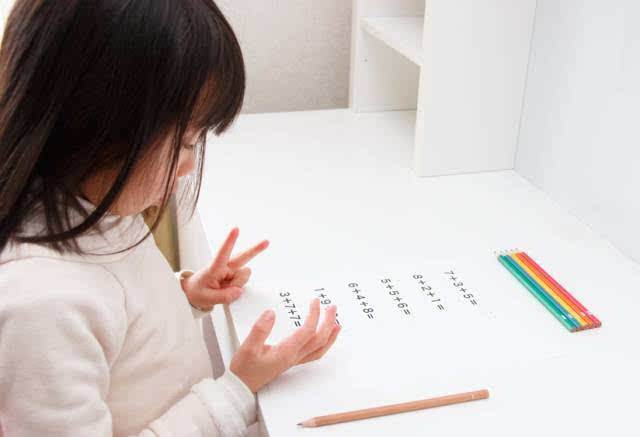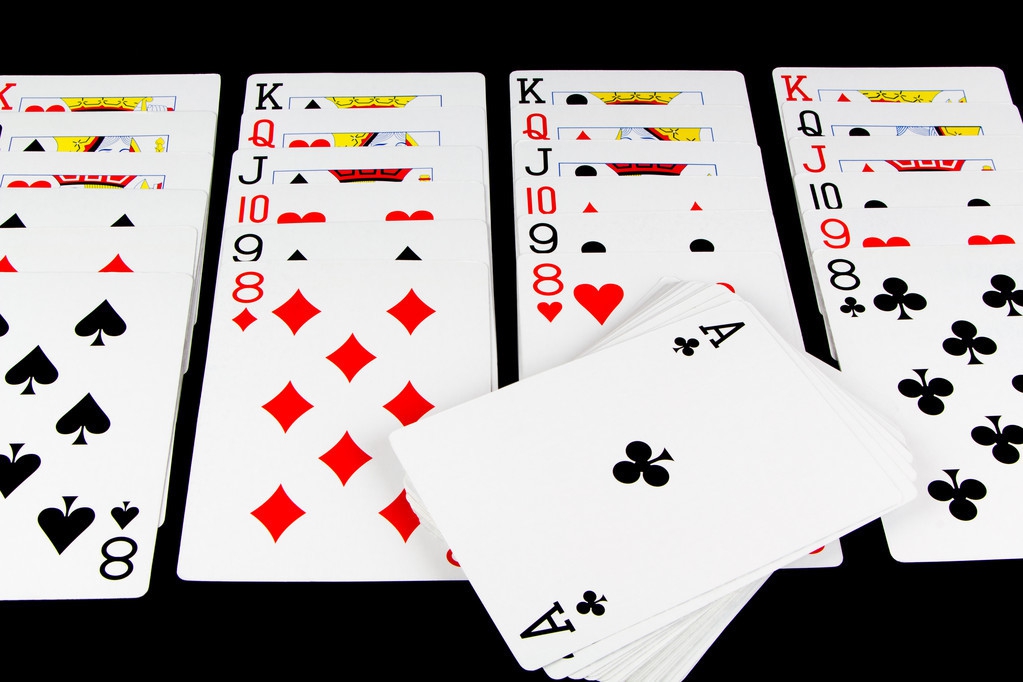each的用法,统计单元格区域公式中包含某个字符串的单元格个数?
each的用法,统计单元格区域公式中包含某个字符串的单元格个数?
如果光这个功能,用公式就可以的=countif(a5:C20,"*车间*"
)用VBA的话,是这样子SubGetNum()DimRngAsRange,TempRngAsRangeDimCnt%SetRng=Sheets("你的表名").Range("A5:C20"

)ForEachTempRngInRngIfInStr(1,TempRng.Value,"车间")>0ThenCnt=Cnt+1NextMsgBox"有“车间”字符的单元格个数为:"&CntEndSub
other用法?
这个英语短语是相互的意思,代替全部成员
each后面用is还是are?
each是形容词、代词,可用作主语、宾语、定语等,意思是“每个”或者“各个”,表示单个概念.1.each+单数名词+and(each)+单数名词时,谓语动词用单数。Each boy and each girl has got a seat.(每个男孩和女孩都有一个座位。)2.如果each 作主语,则谓语动词用单数。Each of them has an English dictionary.(他们每人都有一本字典。)但请注意:The childrean each have a new school bag.Each of the children has a new school bag.为什么会是这样呢?因为第一个句子each作的是同位语,真正的主语是they所以谓语动词用复数,第二个句子的主语是each,根据上面提到的,所以谓语动词用单数。another与each的用法?
another 的用法与语法
1.another可视为由“an+other”构成,但总是写成一个词,不能写成an other;其后一般只接单数可数名词,不接复数名词或不可数名词。another有两个基本意义:
(1) 外加的,同样的。如:
Don’t say another word. 不要再说了。
Let me have another cup of tea. 给我再来一杯茶。
(2) 不同的,另外的。如:
That’s another Story. 那是另一码事。
Give me another cup. This one’s cracked. 请给我换个杯子,这个裂了。
If I were you, I should get another lawyer. 如果我是你,我就请别的律师。
这样用的another表泛指。比较:
Give me another (one). 另外给我一个。(表泛指)
Give me the other (one). 给我另外那个。(表特指)
2.在通常情况下,another 后不能接复数名词或不可数名词,但是若复数名词之前有few 或数词修饰,或不可数名词之前有piece of 之类的单位词时等,则可以与another 连用。如:
I could go on for another two hours. 我再讲两个小时都讲不完。
I need another few days before l can make up my mind. 我还需几天才能决定。
3.one 有时可与 another 对照使用。如:
One (boy) wanted to read, and anotherwanted to watch TV. 一个(男孩)想看书,另一个则想看电视。
One day he wanted his lunch early, another day he wanted it late. 他一天要早点吃午饭,另一天又要晚点吃午饭。
4.习语one after another意为“一个接一个地”“相继地”“依次地”,在句中主要用作状语。如:
Planes took off one after another. 飞机陆续起飞。
One after another all his plans have failed. 他的计划都一一失败了。
有时也可用作主语或宾语。如:
One after another began to choke, and at the end all the women were weeping. 人们一个接一个哽咽起来,到结束的时候妇女们全都哭了。
注意,该结构多用于三者或三者以上的“依次”,如指两者“依次”,则通常用one after the other。如:
The boy showed me his dirty hands one after the other. 那男孩把他脏兮兮的手依序伸给我看。
5.one another 与 each other:两者均表示“彼此”“互相”,原认为 one another 用于三者或三者以上,each other 用于两者,但在现代英语中,两者常可换用。值得注意的是,“互相”一词,在中文里给人的感觉好像是副词,但其实它们是代词,因此它们在句不用作状语,若用于不及物动词之后时,要考虑添加适合的介词。如:
We don’t always agree with one another[each other]. 我们的意见并不总是一致的。
They spoke to one another [each other] in a very friendly manner. 他们态度十分和善地彼此交谈。
注意,它们虽为代词,但在句中主要用作宾语,习惯上不用作主语,若语义上有类似需要,可考虑使用类似以下这样的表达:
Each of them knew the other’s weak point. 他们每个人都知道其他人的弱点。
One man shouted to another in his own language. 他们用自己的语言互相吼叫着。
另外,若语义需要,它们还可用于所有格。如:
They often stay in one another’s [each other’s] house. 他们常常在彼此的家里住。
Those two are always copying each other’s [one another’s] homework. 那两个人总是互相抄袭作业。
neither?
none: 一个也没有
either: 两者中的随便一个(都不可),用于肯定句
neither: 两者中的随便一个(都不可以),用于否定句
all: 所有的(可用于2者,也可以用于2者以上的)
each: 每个,each强调各别、各个
every: 每个,every 强调全部、都
both: 两者都可以(只用于2者)








